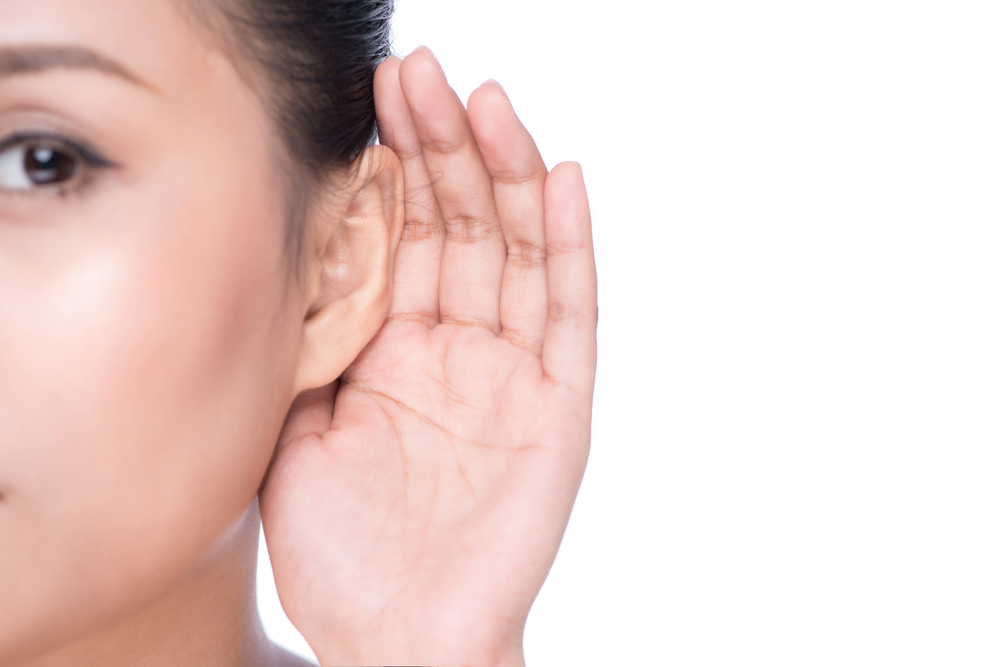Google’s Project Euphonia Asking Patients to Help With Speech Recognition Technology

Team Gleason and CureDuchenne have teamed with Google’s Project Euphonia to make automated speech recognition more accessible to people with neurological disorders, including Friedreich’s ataxia.
Although automated speech recognition increasingly powers voice-activated technologies like Google Assistant, it struggles to adapt to changes in speech that accompany certain disorders, limiting access to such technology.
Project Euphonia (meaning “clear voice”) is an early stage research effort to address this shortcoming by recording people with neurological speech difficulties — known as dysarthria — as they speak a set of short phrases.
In this way, Google hopes to make speech recognition more accessible to future generations of people with motor speech impairments. The project is currently seeking people with mild to moderate-severe dysarthria, and slurred or hard to understand speech to help advance the technology.
“Google’s Project Euphonia was a chance to turn my disability into an opportunity to help others,” Erin O’Neil, who has Friedreich’s ataxia, said in a press release. “It was easy to do and I feel fulfilled knowing that I contributed to the community.”
Those wanting to help can visit Project Euphonia’s interest form to volunteer and record a set of phrases.
Team Gleason invests in technology and innovation to support people with amyotrophic lateral sclerosis (ALS).
“Our focus each day is to explore ways to provide support for the ALS community,” said Blair Casey, Team Gleason’s chief impact officer. “The power of Voice collaboration with CureDuchenne will help us not only reach the ALS community, but also people with Duchenne muscular dystrophy. In addition to these two communities, we’ll also reach Parkinson’s, multiple sclerosis, Friedreich’s ataxia and others with dysarthria.”
Kyle Bryant and Sean Baumstark, who host the podcast “Two Disabled Dudes” and both have Friedrich’s ataxia, have also joined the effort to spread awareness.
“Living with urgency means working together to make life better for the community. We are proud to work with Google, Team Gleason, CureDuchenne, and others in the disability community to use the power of our collective voice to improve the future,” they said.
Other conditions that often feature dysarthria include cerebral palsy, low hearing, brain injury, and stroke.
“This collaboration gives the Duchenne community a ‘voice’ in life-changing technology to improve the quality of life for thousands,” said Tiffany Cook of CureDuchenne.






